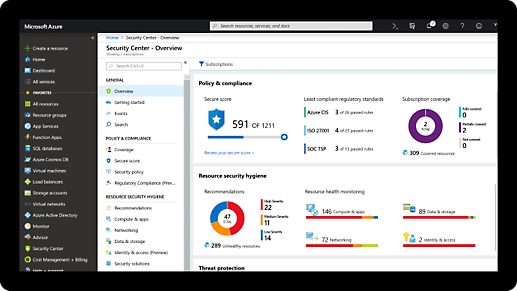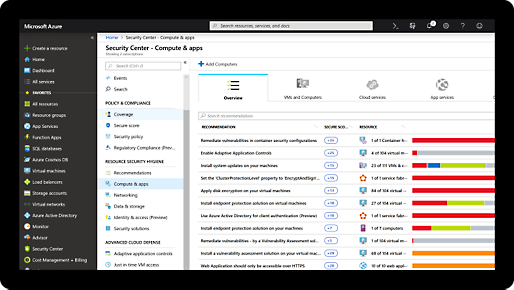Azure HPC Cache
File caching for high-performance computing (HPC).
Run latency-sensitive file-based workloads in Azure
Keep important work moving. Azure HPC Cache lets you transfer excess compute capacity to Azure while leaving large datasets in your network-attached storage (NAS) or in Azure Blob storage for a cloud NAS solution.

Increase productivity with low latency
Enable quicker file access by scaling your cache based on workload—improving application performance regardless of storage capacity. Provide low-latency hybrid storage support for both on-premises NAS and Azure Blob storage.



Support existing HPC workloads in Azure
Flexibly store data via traditional, on-premises NAS storage and Azure Blob storage. Azure HPC Cache supports hybrid architectures including NFSv3 via Azure NetApp Files, Dell EMC Isilon, Azure Blob storage, and other NAS products.

Simplify storage resource management
Azure HPC Cache provides an aggregated namespace, so you can present hot data needed by applications in a singular directory structure and reduce client complexity.

Comprehensive security and compliance, built in
-
Microsoft invests more than USD1 billion annually on cybersecurity research and development.



-
We employ more than 3,500 security experts who are dedicated to data security and privacy.

-
Azure has more certifications than any other cloud provider. View the comprehensive list.
-
Pay-as-you-go pricing
Use HPC Cache quickly and easily, with no infrastructure to set up. Get the flexibility to optimize performance and scale your usage on demand.
Get started with an Azure free account
1

2

After your credit, move to pay as you go to keep building with the same free services. Pay only if you use more than your free monthly amounts.
3

Developer resources
Documentation
Learn how Azure HPC Cache works and how best to use it in your workloads.
Resources to optimize HPC Cache
Explore additional features and products, like networking, NFS storage services, and orchestration.
Frequently asked questions about Azure HPC Cache
-
Azure HPC Cache supports NFSv3.
-
HPC Cache works wherever workloads demand heavy reads for computing. Scenarios include financial simulations and genomics sequencing. Learn more about high-performance computing.
-
Before using your cache, you'll need to set up a dedicated subnet for the HPC Cache instance. You'll also need DNS support so that the cache can access storage and other resources. Learn more about the requirements in the service documentation.
-
You can use HPC Cache with Azure Blob Storage, Blob NFS, Azure NetApp Files, or NFS on-premises storage targets by NetApp or Dell EMC Isilon.
-
HPC Cache works best with compute farms of up to 75000 CPU cores. These workloads tend to be read-heavy and require file access to data in NFS-accessible storage or Azure Blob Storage.

